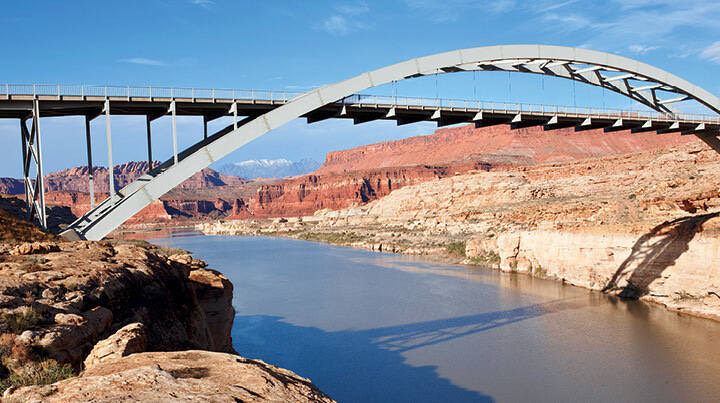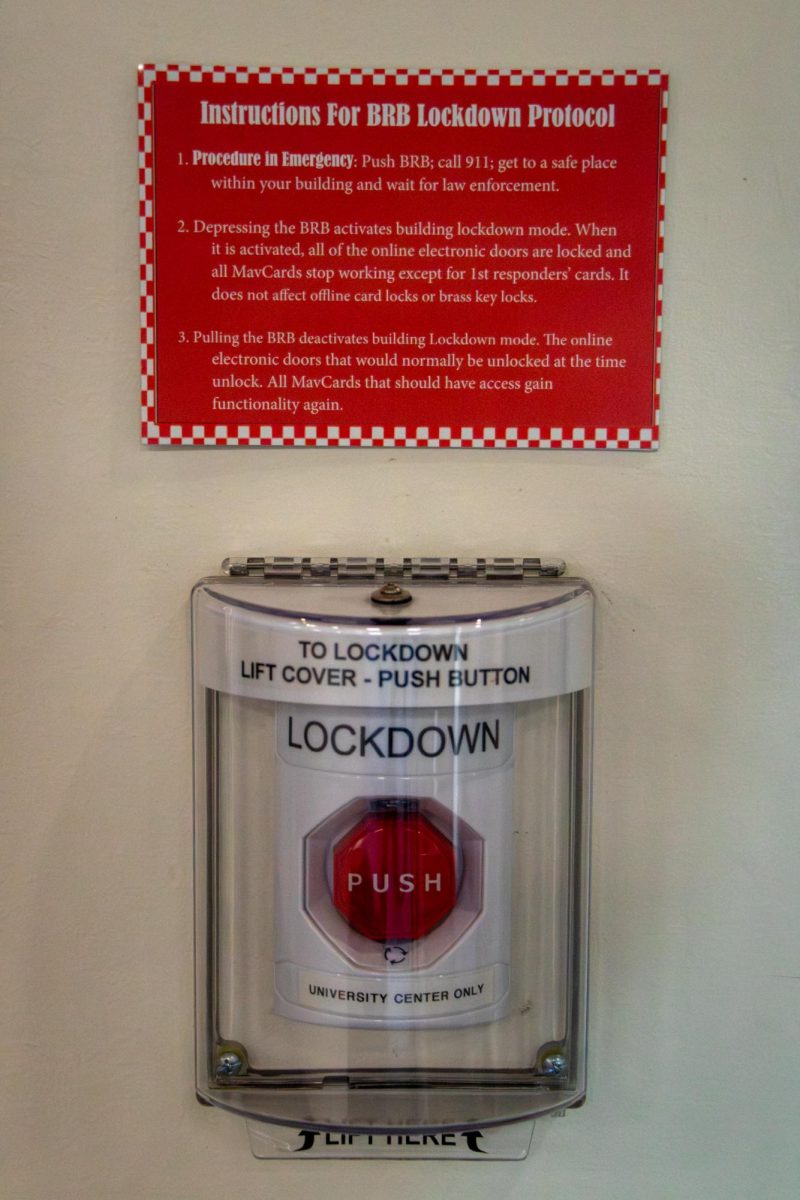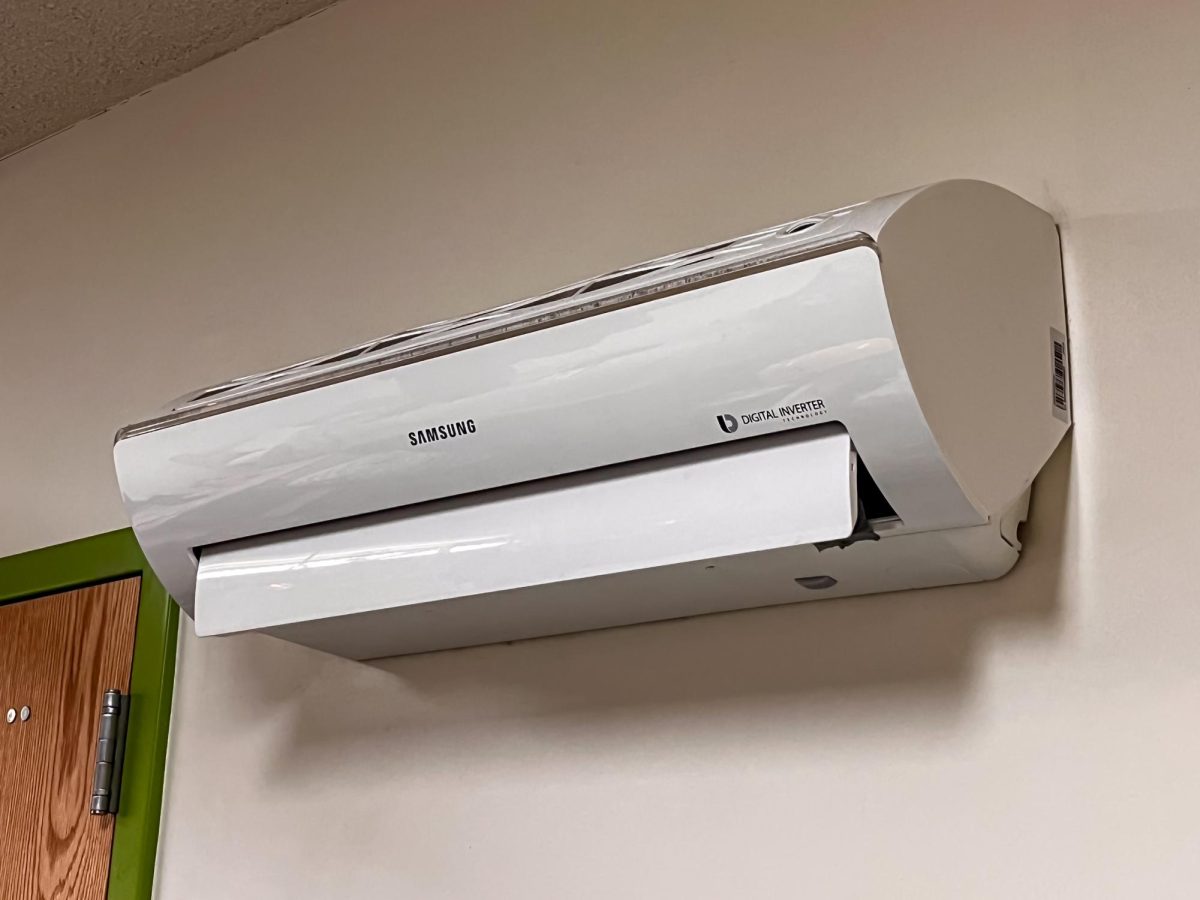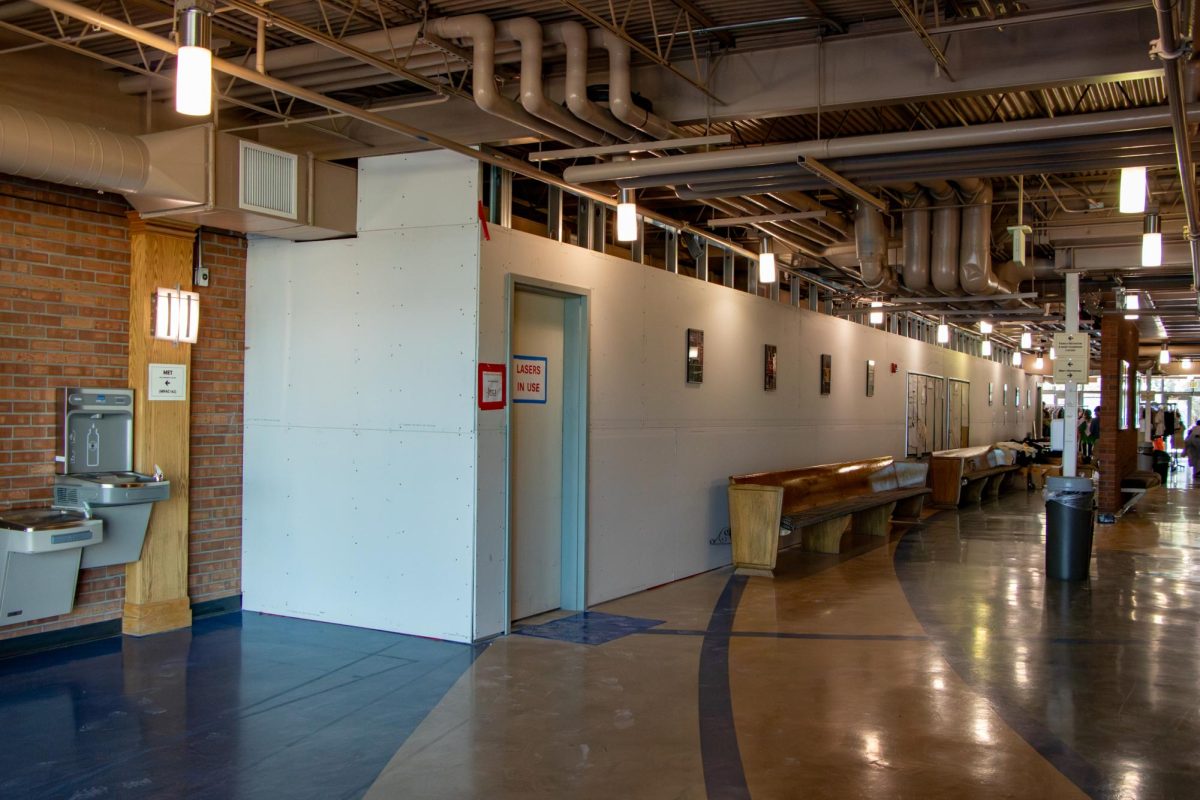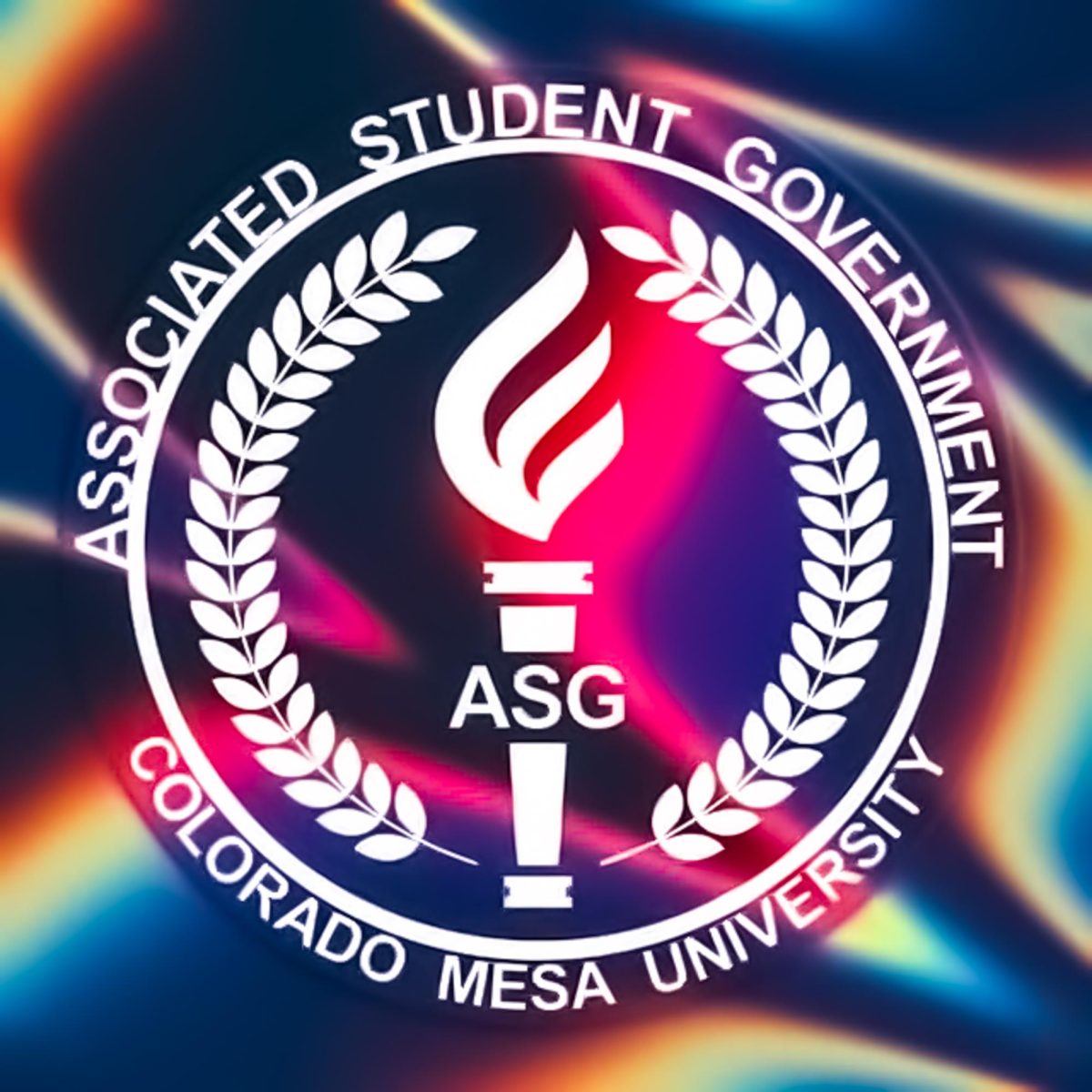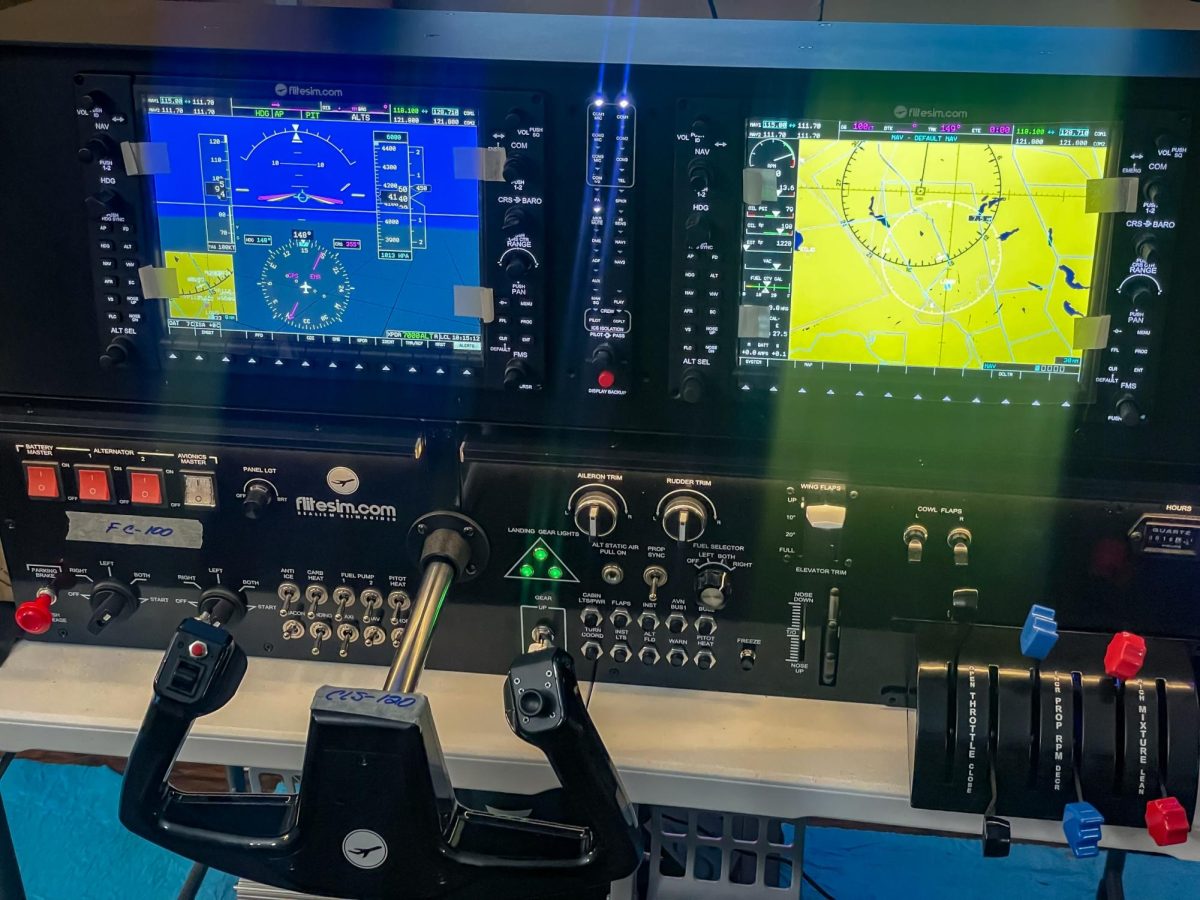The Colorado River District (CRD) awarded a $300,000 grant to the Colorado Mesa University (CMU) Ruth Powell Hutchins Water Center. CMU will provide an additional $300,000 to match the grant. This money will support the next three years of programming.
The CRD’s Community Funding Partnership will endorse the Water Center’s strategy planning and hiring of a full-time executive directive for the next three years.
At large, the Water Center expands knowledge on water issues and brings various stakeholders together to address water issues facing Western Colorado and the Upper Colorado River Basin.
Since its establishment in 2010, and continued expansion at CMU, the Water Center’s educational efforts have manifested through multiple avenues.
As a part of its educational programming, the Water Center is currently hosting its Spring Seminar Series. Starting in January each year, the Water Center works with the Environmental Science program to invite professionals from the water and natural resources field to speak at Dominguez Hall every week.
Each seminar is free, open to the public and provides an hour of insight into recent water and natural resource research, management and developments.
Notably, this semester’s lineup featured a presentation from CMU alumnus Casey Sherrell. In 2020, Sherrell graduated with a bachelor’s in environmental science and technology.
He has since become an environmental protection specialist for the Colorado Department of Public Health & Environment (CDPHE).
Student research also falls under the Water Center’s educational opportunities. Annually, the Water Center offers these grants to bachelor-seeking CMU students across all disciplines. Through these grants, a maximum of $5,000 has funded each of the approved proposals.
Grant recipients proposed research topics relating to water issues plaguing the Upper Colorado River Basin. Students work with a faculty sponsor to submit the proposal.
As of this year, the Water Center’s research grants have produced a total of six unique reports.
Each research topic studied a different water problem facing the community, including fecal contamination, selenium concentration and variability in snowmelt persistence.
In addition to student research grants and the Spring Seminar Series, the Water Center also offers student internship opportunities. Student interns assist with organizing the different events that the Water Center holds.
“I am very grateful to be a part of the Water Center as a student intern at this time,” said senior Olivia Wick.
With the recent grant funding from the joint efforts of CMU and CRD, the Water Center wants to hire a full-time executive director to oversee all of these established initiatives.
The executive director will also seek to promote the long term sustainability of the Water Center.
“I really hope that this money will be able to connect more with our local community on water issues, which is ever so important with our changing climate,” said Wick.
One entity involved in ensuring that the Water Center is fulfilling its mission is the Water Center Advisory Council.
Membership includes local water stakeholders, the Water Center’s student representatives and CMU faculty. The recent CRD funding has sparked board-wide excitement.
“As a board member, I am thrilled at the commitment of this partnership between the [CRD] and CMU to support the leadership position of executive director of the [Water Center] for the next three years,” said political science professor Tim Casey.
Due to the recency of the grant award, the hiring process remains in its early stages.
CMU’s administration, the CRD and the Advisory Council are still negotiating the exact scope of the executive director’s role.
“While the details still need to be worked out, CMU, CRD and the Water Center Advisory Council will work together on next steps, including the hiring of an executive director,” said Interim Director Freddy Witarsa.
In addition to appointing an executive director, the Water Center is using recently received funding from the Colorado Water Conservation Board (CWCB) to hire a temporary part-time special projects and events coordinator.
This coordinator’s role will be to help organize some of the aforementioned events.
The hiring process for the Water Center’s special projects and events coordinator is nearly complete. Applications for the position closed in early March.
The Advisory Council’s board members have continued to assert that the grant’s implementation is a crucial step forward in advocating for the future of water education.
“Thanks to our partners at [the] CRD, we will now be able to move forward and develop a sustainable model for leadership. The grant will support additional fundraising, programing and setting a long term vision for the center,” said Casey.



